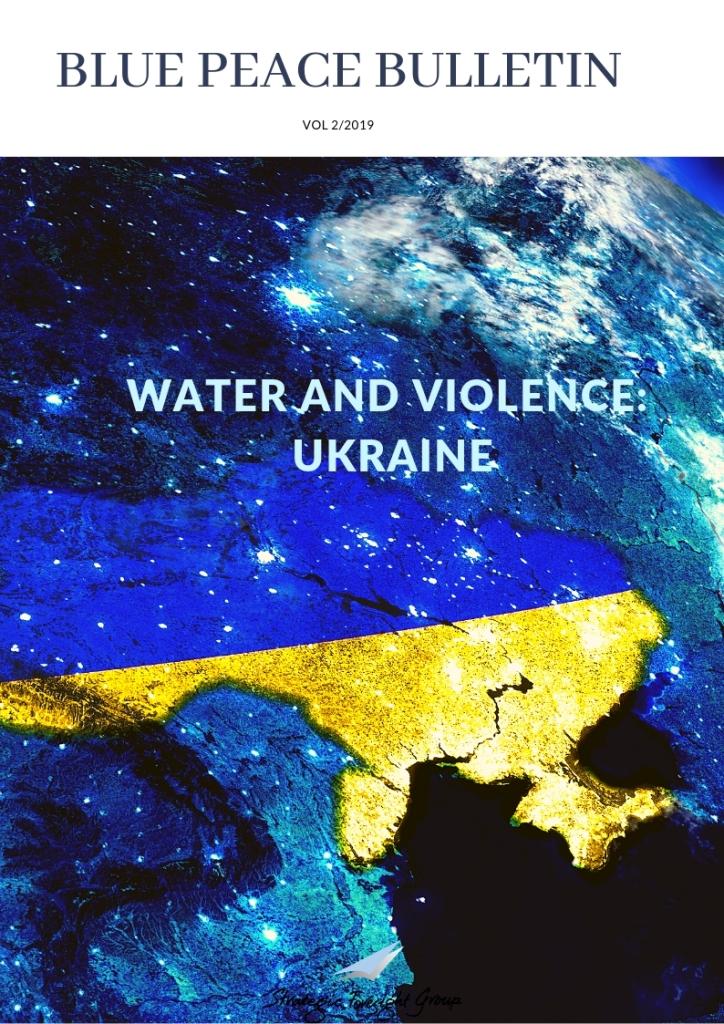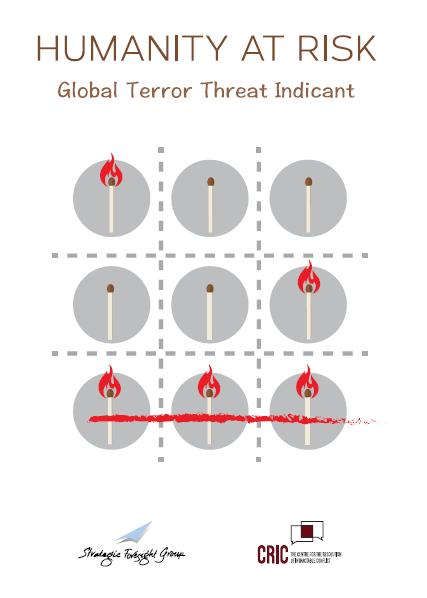Are developing societies ready for post-religious ethics?
 |
September, 2016
By Dr Kenneth Houston, International Relations at Webster University’s Thailand campus
|
The following article is part of the SFG publication “Big Questions of Our time: The World Speaks”. To access the full publication please click here.
----------------------------------------------------------------------------------------------------------------------------------------------
It is a taken for granted assumption among some scholars of religion that the secularization of the world has been in reverse gear since the closure of the 20th century – so called ‘de-secularization’.
The truth is
that the global south was never secularized to begin with. In the global north,
particularly in Europe, the collapse of religiosity continues apace. This decline
in belief among Western publics has accelerated considerably as the 21st century unfolded.
Some communitarian scholars have clung to the apparent
resilience of traditional religious adherence among populations in developing societies
of the global south. However, with the rise of the information age, tentative
signs are emerging that societies associated with strong traditional faiths are
being confronted with an unprecedented challenge. Secularization occurred in
Europe over several tortuous centuries through multiple socio-political
processes.
As global attention shifts to
the emergence of the BRICS economies the important question becomes: can the societies
of the global south manage the profound social and political consequences of secularization
when telescoped into a few decades in a networked, globalized society?
Related Publications
Related latest News
Related Conferences Reports
-

P5 Experts Roundtable on Nuclear Risk Reduction
Download:Geneva Roundtable Report
-

Roundtable on Global Security and Catastrophic Risks
Download:Report on RT revise





